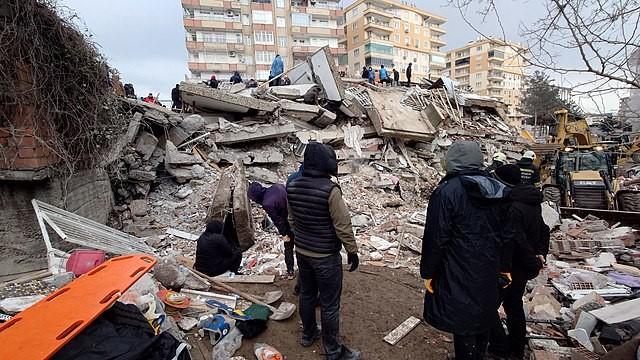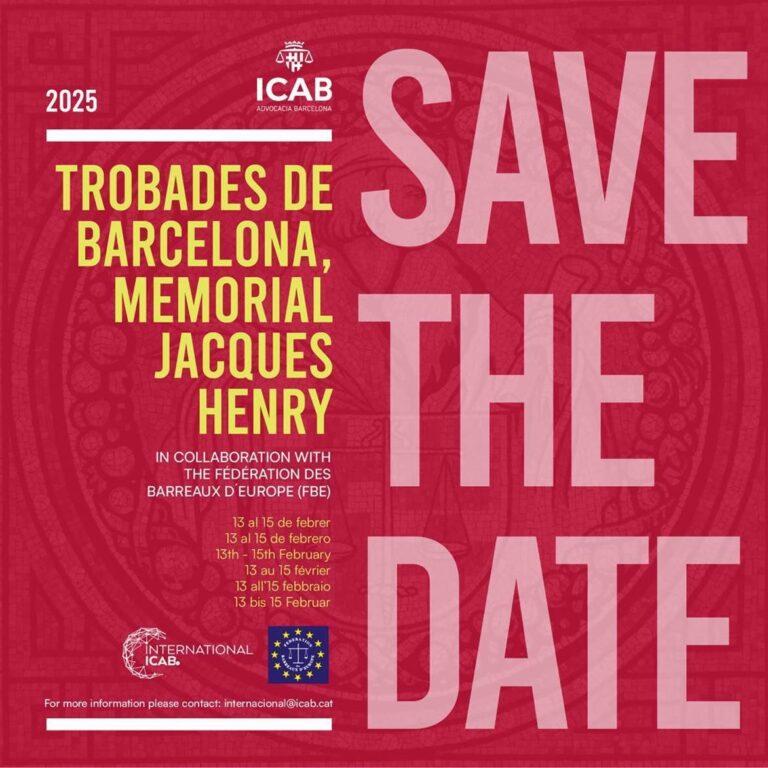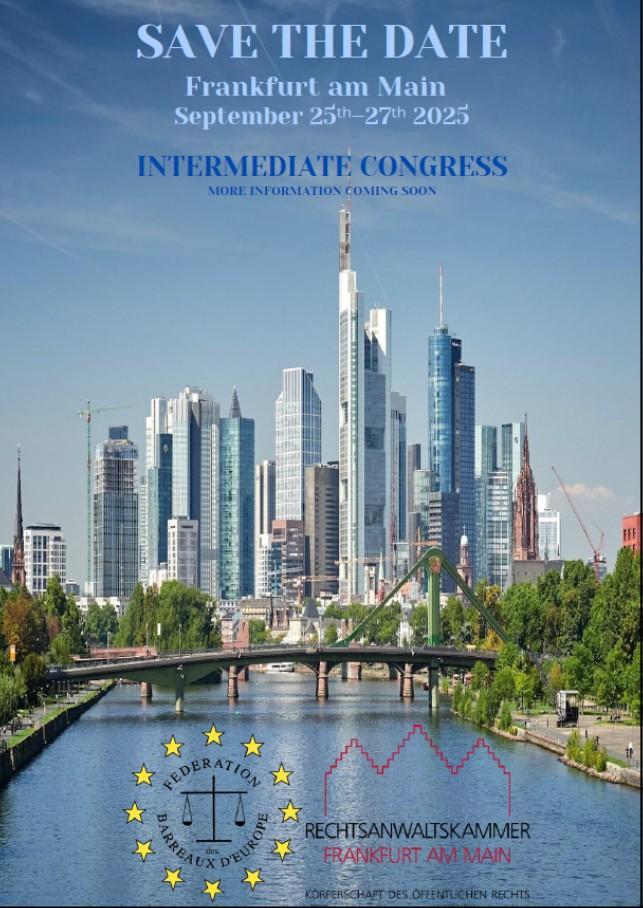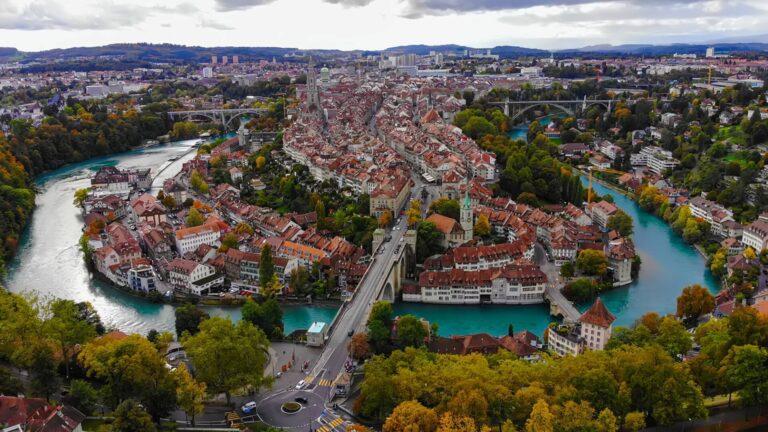The Gulf Centre for Human Rights (GCHR) shares its grief and sorrow with the families of all the victims of the recent earthquake that occurred in Syria and Turkey, and wishes the injured a speedy recovery and peace for families of the missing ones. As the death toll and number of missing and injured continues to mount, it is clear that the scope of the tragedy is not yet fully known, with thousands still buried in the rubble, and millions of people affected.
It is with great distress that we learned that several colleagues and friends have lost family members and loved ones in the earthquake, which could be felt as far away as Lebanon, and has already left almost 40,000 dead in Turkey and Syria.
At the same time, GCHR believes that the reaction of the international community has been disappointing after it failed miserably to provide the required response in recovery and humanitarian assistance to the affected nations, including some Syrian areas that were left totally alone to deal with such a disaster as no one has reached out to them yet. In northern Syria in particular, it took too long for assistance to arrive to help rescue people particularly in the critical first 24 hours.
GCHR’s management and team are still trying to grasp what happened and the magnitude of such a tragedy. We are also aware of the repercussion of this catastrophe on human rights and in particular vulnerable groups. Therefore, GCHR along with partners are gathering support to help alleviate the suffering of the human rights defenders and their communities in the aftermath of the earthquake. If you are a human rights defender at risk, there are some avenues of assistance for emergency support. GCHR has put a list online of Assistance Funds, including some specialised resources for WHRDs and CSOs, in English and Arabic:
We call on all donors and governments to provide rapid assistance and move quickly to ease the suffering of those affected, and to ensure the free flow of information to help survivors.
All levels of governments and other parties must put aside politics and conflict to hasten humanitarian relief. The United Nations and aid agencies must prioritise gaining access to all areas.




